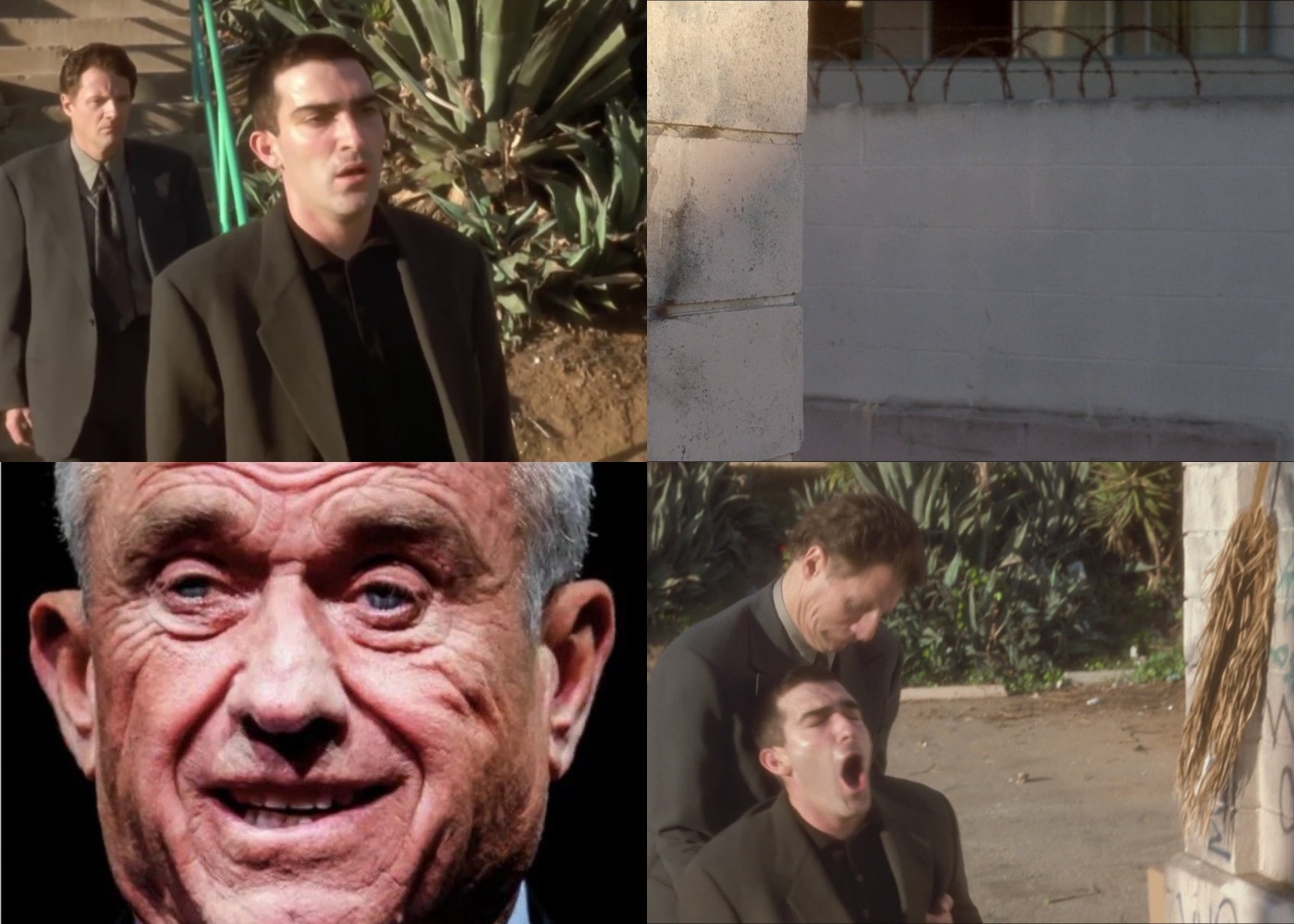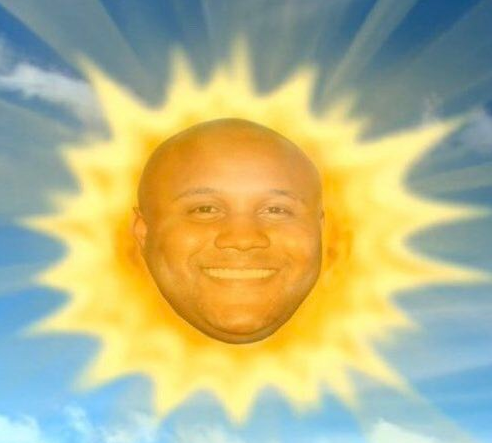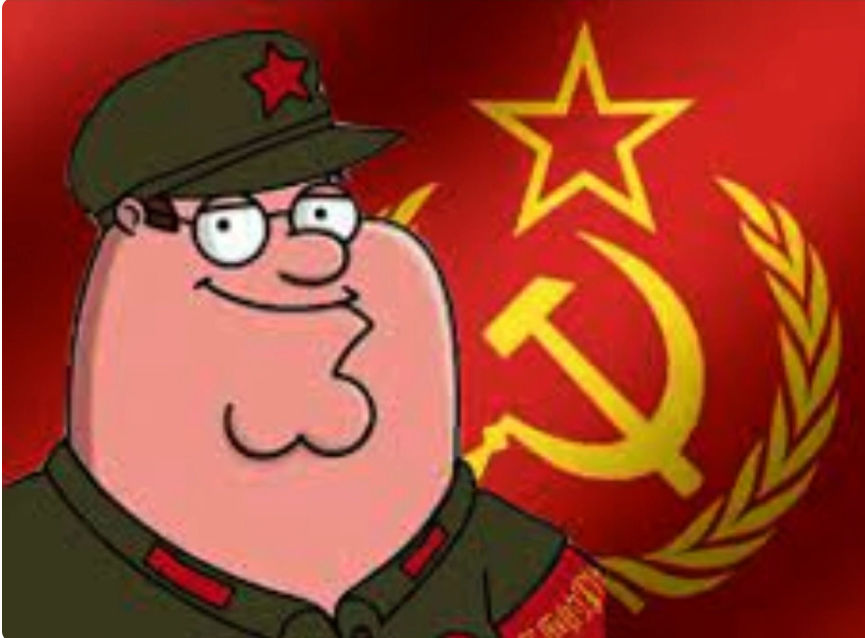what the fuck
10/10
Absolutely love this film. Really just manages to hit the absolute zenith of where arthouse, filmbro and tv trash hits. The first half is this wonderfully seductive mystery plot that just sucks you in and totally wraps you around its finger, and the second half is its complete mirror image, just unraveling the entire thing.
spoiler
One of my favorite sequences of any film is the part where Naomi Watts gets brought to the set where Justin Theroux is casting for his film, while “Sixteen Reasons” plays. There is of course the slow zoom-out revealing the set that opens the sequence, but even more I love the zoom-in on Naomi Watts face when her eyes meet Justin Theroux. Every time I watch this film, even though I obviously know every story beat inside out, having watched the film half a dozen times, in that single moment I genuinely believe that somehow magically this copy of the film has been switched out for some alternate universe version of it, where Betty’s/Diane’s delusion of Hollywood are actually real. That’s the seductive power of this film, and of film in general, that it might make you believe that the dream is real.
For a short I had the instinct to want to dismiss Lynch as a “filmbros first arthouse film” director, but after getting to watch some of his other work on analogue film and maturing my taste in films a bit more, I couldn’t disagree with that instinct more. Lynch has somehow managed to be a successful and popular filmmaker under the studio system and be a deeply original artist at the same time and he might be the only one who has managed to do so within the last fifty years. We will never have another filmmaker like him.
!It was all just an agonal dream!!<
It’s been a hot minute since I’ve seen it, but I remember at the time I did feel like it fell a little into the mastabatory category of films where Hollywood makes films about itself with the weirdest fixations on its own ‘culture’ and processes as if we the audience should all consider them the hardest working and greatest of the tortured artists, instead of as the cogs in the Americana Propaganda machine they really are.
Not my favourite ever film, but the twist was excellent and well pulled off. The film was generally brilliantly made, excellent tension, angst, confusion and fear, I just didn’t care for the subject matter.
But I’ve also heard it described that Mulholland Drive is for lesbians what Fight Club is for suburban white men. So perhaps I’m just not the right person to experience it.
It’s been a hot minute since I’ve seen it, but I remember at the time I did feel like it fell a little into the mastabatory category of films where Hollywood makes films about itself with the weirdest fixations on its own ‘culture’ and processes as if we the audience should all consider them the hardest working and greatest of the tortured artists, instead of as the cogs in the Americana Propaganda machine they really are.
The film is clearly deeply critical of Hollywood, presenting it as a place where talent and artistry goes to die, where shady producers have the power to ruin your life at any moment and where the dream of stardom and fame is used to exploit young woman in any possible way. The artists in this film are very much literal cogs in a machine they don’t understand.
It does also complicate things at the same time, when it flips the narrative in the second half and the film deliberately doesn’t make it clear if the machinations behind the scene of hollywood in this film are just delusions, real, or just manifestations of the real powers in the industry that can’t really be broken down like they seem to be in the movie. It’s both a denunciation of the hollywood studio system (that lynch has to work within) and a celebration of the power of movies (which lynch clearly believes in, but which as the movie shows can also be used for deluding yourself and others). That it is both is what makes it interesting.
I’d also argue that while Lynch is clearly not a political filmmaker, demystifying the hollywood dream machine, whose influence over the development of american capitalist ideology can’t be overstated, is not without its worth. There is a reason why a lot of the anti-communist work of the mccarthy era focused on hollywood and the broader entertainment industry. There used to be a time where even the state believed in the power of movies.
Now… you will see me one more time, if you do good.

You will see me… two more times, if you do bad.

Good night.

No hay banda!

I didn’t like it. I was also in my 20s when I watched it so maybe I just didn’t get it.
It’s definitely a mood piece, if you’re not in the right frame of mind it probably won’t land.
I always mix that one and L.A. Confidential
spoiler
hollywood bad









